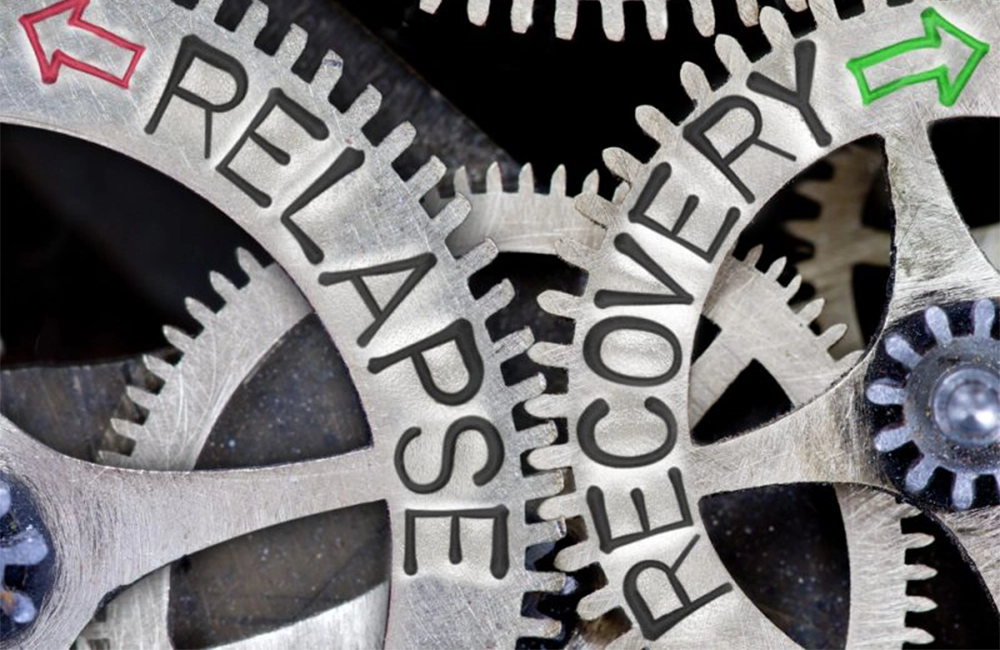Many people complete their treatment programs for substance abuse, and head home to begin the recovery stage of their journey. Unfortunately, not everyone is able to stick to their plan, and many people relapse.
Relapse is common; many people struggle to maintain their newfound sobriety or they haven’t prepared themselves properly to succeed. Fortunately, there are some signs to look for that can suggest potential relapses. By recognizing these signs, users or their support systems may be able to stop a relapse before it happens.
To recognize potential relapses, the following are 7 warning signs of relapse to keep an eye out for:
- Stop Attending Meetings
The 12-step program meetings, AA meetings and other gatherings are put in place to help recovering addicts maintain their sobriety. Here individuals are surrounded by support and they are reminded of how far they have come.
An individual who may relapse will likely stop going to these meetings, or begin making up excuses for why they cannot go. Whether they say it’s boring, too long or unhelpful, this is a surefire warning sign that they don’t think they need help anymore.
- Re-Kindle Bad Relationships
If an ex-user has begun surrounding themselves with their old crowd of users, a relapse is certainly possible. These friends or acquaintances are likely still using, and they act as severe triggers for a recovering addict to start using again.
- Ditching Positive Elements
To maintain sobriety, many people rely on a few positive reinforcements to keep them going. Items such as writing journals, a group of clean friends and new hobbies are ideal for keeping them busy and clean.
If an individual begins getting rid of these positive influences, a red flag should be raised. This is one of the clear warning signs of relapse, since these factors helped to support and maintain a sober life.
- Defensive Attitude
When friends and family approach an ex-user about potential relapses, they may respond with a moody and defensive attitude. Although others will explain the chances they’ve noticed in attitude and behaviour, a user will likely deny any of these changes.
This is usually because the user recognizes it in themselves, but they are too ashamed to admit that they’re losing control.
- Testing their Limits
When a recovering addict starts thinking about testing their control, this is usually a sign that they’re thinking about using again. The most obvious warning signs of relapse include those where the ex-user actually takes that first drink or drug, just to see if they have the control to stop themselves after that.
Generally, the recovering addict already knows they won’t be able to, but this is a great excuse to get that first hit again.
- Romanticizing
It is common for users to fantasize about all of the good times they had when using, and to ignore or forget all of the bad things that happened. Romanticizing about previous encounters with a substance is a warning sign that an addict will relapse, because they’re denying that anything bad ever came of it.
Whether you’re a recovering addict or someone who is supporting a recovering addict, it is a good idea to keep an eye out for these relapse warning signs.
Keeping an open line of communication is a great way to let ex-addicts know that you are there for them; relapse is very common and it may help to know that you support them even when they struggle.
Related article: 7 Ways to Avoid Addiction Relapse During the Holidays







